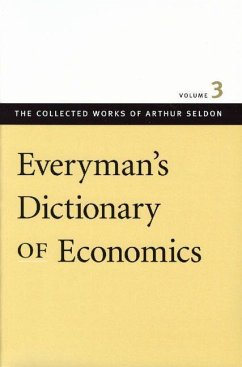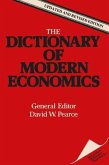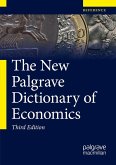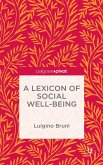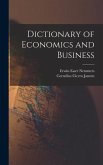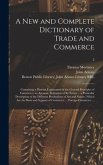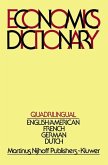This is the third volume of The Collected Works of Arthur Seldon', which translates the often obscure jargon and technical terminology of economics into direct, plain English understandable by both the academic and the layperson. The most abstruse topic becomes clear as he conveys the sense in ordinary language, without loss of meaning through oversimplification. The volume covers a wide range of economic thought and includes every relevant term that the average person might encounter in a written or other treatment of the subject. In addition to conveying a sense of how economic thought has evolved over the centuries, the Dictionary stimulates and challenges readers in its questioning of conventional wisdom about government intervention and manipulation of economies. It too has "stood the test of time"; nearly thirty years after the second edition and forty years after the first, this book still engages readers -- economists and nonprofessionals alike. An indispensable reference for laypeople and for academics. ABOUT THE AUTHOR: Colin Robinson was a business economist for 11 years. He was then appointed to the Chair of Economics at the University of Surrey in Guildford where he founded the Department of Economics and is now Emeritus Professor. For many years he has been associated with the London-based Institute of Economic Affairs, and from 1992 to 2002 he was the IEAs Editorial Director.

